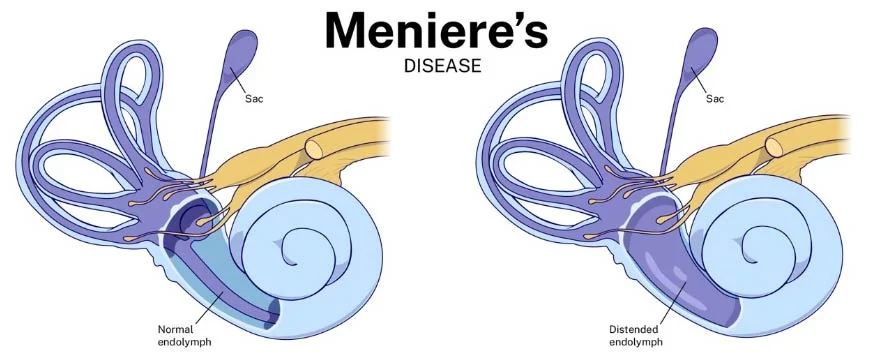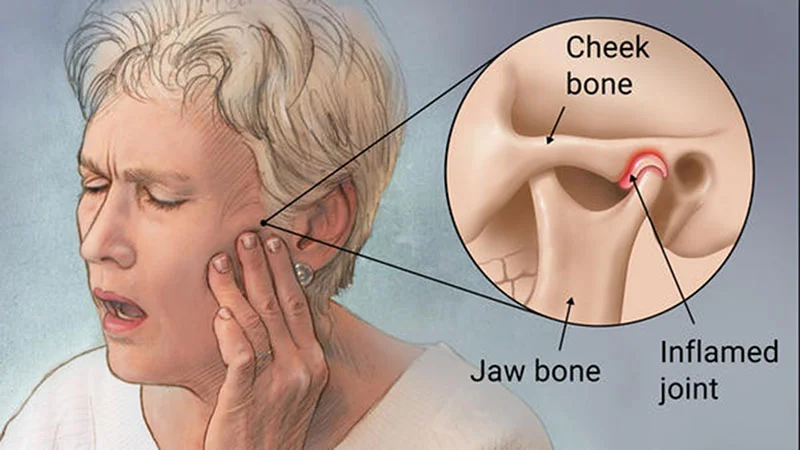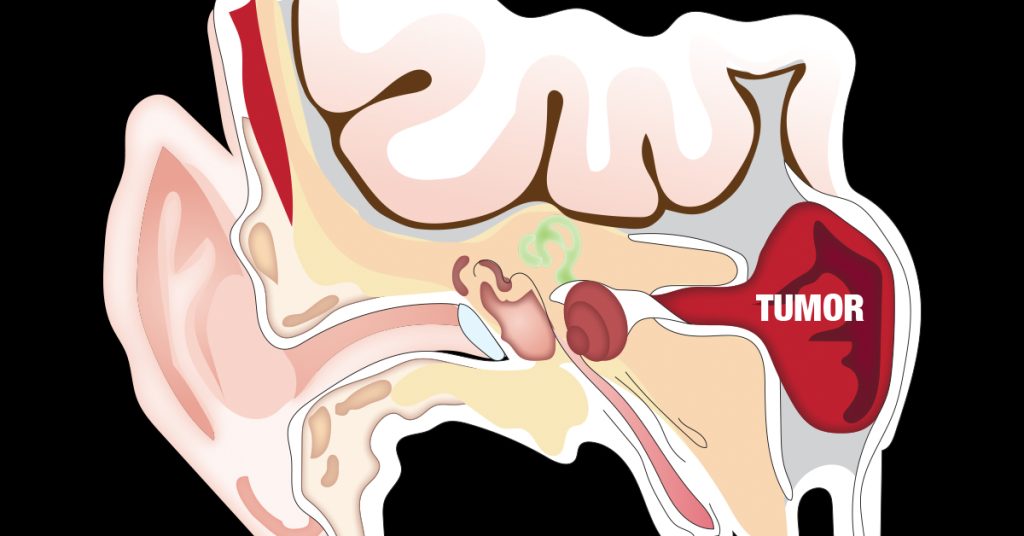Tinnitus, the sensation of ringing, buzzing, or whistling sounds in the ears without an external source, is a common condition that affects millions of people worldwide. For many, it’s a temporary annoyance, perhaps brought on by exposure to loud noises or a buildup of earwax. However, in some cases, tinnitus can signal more serious underlying medical conditions that require attention.
Tinnitus and Its Common Causes
Tinnitus is most often linked to hearing loss, especially as people age. The tiny hair cells in the inner ear that help transmit sound signals can become damaged over time, leading to both hearing loss and the development of tinnitus. Additionally, exposure to loud sounds, such as concerts or heavy machinery, can cause lasting damage to the ear, resulting in persistent ringing.
Other less common causes include ear infections, a buildup of earwax, or changes in the ear’s pressure. Some medications, such as aspirin or certain antibiotics, can also trigger tinnitus as a side effect.
When Tinnitus Could Be a Sign of Something More
While tinnitus itself is typically benign, persistent or severe ringing in the ears can sometimes point to other health problems. Here are a few medical conditions linked to tinnitus that may require further investigation:
1. Hearing Loss

The most common connection between tinnitus and other medical conditions is hearing loss. Tinnitus often accompanies age-related hearing loss or sudden sensorineural hearing loss, which is caused by damage to the inner ear or auditory nerve. If tinnitus is accompanied by a sudden decrease in hearing ability, it’s crucial to seek medical attention as this could indicate a more serious condition, such as Meniere’s disease.
2. Meniere’s Disease

Meniere’s disease is a disorder of the inner ear that causes episodes of vertigo (a spinning sensation), hearing loss, and tinnitus. This condition is thought to be caused by an imbalance in the fluid levels of the inner ear, affecting balance and hearing. Individuals with Meniere’s disease may experience tinnitus alongside dizziness or a sensation of fullness in the ear.
3. TMJ Disorders

The temporomandibular joint (TMJ), located just in front of the ear, connects the jaw to the skull. When this joint becomes misaligned or inflamed, it can lead to ear-related symptoms like tinnitus. TMJ disorders can also cause jaw pain, headaches, and a clicking sound when chewing. If you have tinnitus along with jaw discomfort, it’s worth exploring the possibility of TMJ dysfunction.
4. Hypertension (High Blood Pressure)

Elevated blood pressure can cause a pulsatile form of tinnitus, where the ringing or thumping in the ears matches the rhythm of the heartbeat. In some cases, high blood pressure can damage the blood vessels in the ear, leading to tinnitus. If you experience pulsatile tinnitus, it’s important to get your blood pressure checked and manage it if needed.
5. Vestibular Schwannoma

A vestibular schwannoma, also known as an acoustic neuroma, is a benign tumor that grows on the vestibular nerve, which is responsible for balance. This tumor can cause tinnitus, hearing loss, and sometimes dizziness. Though rare, it’s a serious condition that requires medical evaluation and treatment.
6. Anxiety and Stress

Tinnitus can also be linked to psychological conditions such as anxiety or stress. In these cases, the constant ringing in the ears may be exacerbated by heightened emotional states. Managing stress and addressing anxiety through therapy or relaxation techniques can sometimes reduce the severity of tinnitus symptoms.
When to Seek Medical Attention
If you experience tinnitus that is sudden, persistent, or accompanied by additional symptoms like hearing loss, dizziness, or pain, it’s important to consult a healthcare provider. A thorough examination can help determine whether tinnitus is simply an isolated condition or a symptom of a more serious medical issue.
Your doctor may conduct a hearing test, an MRI, or other diagnostic procedures to rule out underlying causes. Early detection and treatment are key to managing any potential health conditions that could be contributing to your symptoms.
Conclusion
While tinnitus is often a harmless condition, it can sometimes signal more serious health issues. From hearing loss to Meniere’s disease and even stress-related causes, it’s important to listen to your body and seek professional guidance if necessary. If you or someone you know experiences persistent or unusual tinnitus, don’t ignore it—addressing it early can help ensure better outcomes.







Be First to Comment